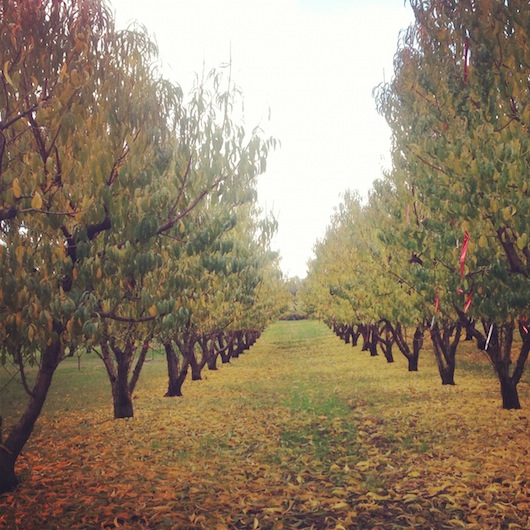Zero Hunger Challenge
Our refrigerator offers leftovers, several days after our Thanksgiving feast. We’re still enjoying roasted vegetables, sweet potatoes and pumpkin pie. But this isn’t altogether unfamiliar – our Thanksgiving feast is only different in terms of scale – the farm always provides such abundant quantities of food that it’s hard to imagine going hungry for very long.
Generalizing beyond the farm, our country is blessed with some of the best farmland in the world, and immense agricultural capacity. Thus it is startling that we have one of the highest poverty rates in the industrialized world, and one of the highest child mortality rates. We live in a wealthy, bountiful country where 1 in every 3 children are reliant on SNAP (food stamps) to purchase food.
A lot of farmers in this country agree that hunger and malnutrition are unacceptable in an affluent country. Confronted with the reality of hunger, the first thought of the farmers is that they should just grow more food! U.S. farmers often boast that it is U.S. agriculture that “feeds the world!” Increasing production and getting higher yields are at the beginning of every discussion when policymakers sit down to talk about how we are going to be able to feed increasing global populations despite increasingly challenging environmental conditions.
Delving a bit deeper, it becomes clear that increasing the production of food is the easy part. In fact, the world is currently producing enough food to feed everyone, but not enough of it is being produced by smallholder farmers in developing countries. To produce more, these farmers would have to be able to spend money that they don’t have, on inputs and supplies. Poverty is part of the problem in the U.S. as well – and the intertwined knot of causes and consequences related to poverty – kids dropping out of high school (approximately one-fourth of all U.S. children fail to graduate from high school); poor health care and nutrition for pregnant women; and wages that haven’t kept up with the cost of living.
At the June 2012 United Nations Conference on Sustainable Development in Rio de Janeiro, U.N. Secretary General Ban Ki-moon described his vision for the future, calling it his Zero Hunger Challenge, and encouraged all countries to “work for a future where every individual has adequate nutrition and where all food systems are resilient.” His challenge calls for all of us to work for:
- 100% access to adequate food all year round
- No more malnutrition in pregnancy and early childhood
- All food systems are sustainable
- Greater opportunity for smallholder farmers who produce most of the world’s food
- Cut losses of food after production, stop wasting food, and consume responsibly (http://blogs.un.org/blog/2012/06/19/zero-hunger-challenge/)
Increasingly, we have to understand that many of our community challenges are about building holistic systems and creating partnerships that can sustain progress. Ban Ki-moon was probably thinking about global systems, and partnerships between civil society and different levels of government, but being a farmer, I like to think these systems can also grow from the ground up. It can help if we acknowledge hunger and malnutrition in our own communities, learn more about it, and be a part of the solution. In terms of learning more about hunger, Bread for the World just published a very informative document, the 2013 Hunger Report that can be accessed through their web site, including a chapter about hunger in the U.S.
In terms of being a part of the solution, at Full Belly, we believe that the Community Supported Agriculture approach can help to build more resilient food systems. One small way that the Full Belly CSA helps is through our Good Food Community Fund which delivers five CSA boxes a week to the Charlotte Maxwell Complementary Clinic and another five to Montalvin Manor Elementary School. For more information about this fund, see https://fullbellyfarm.com/members.html.
We all have an important role to play!
— Judith Redmond

